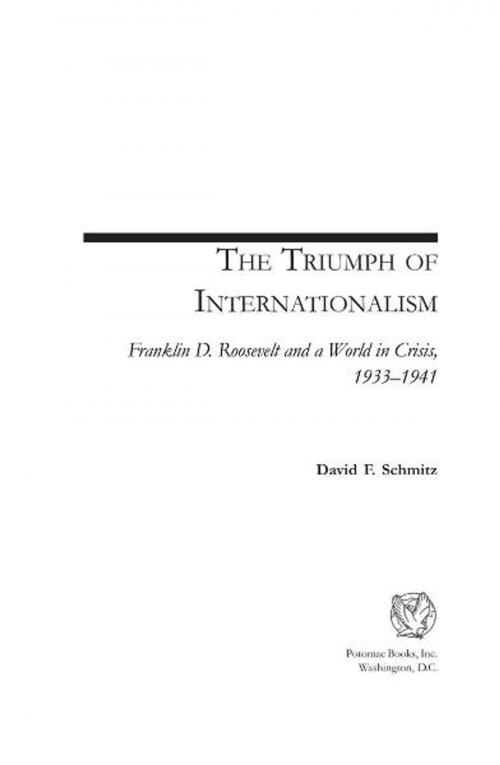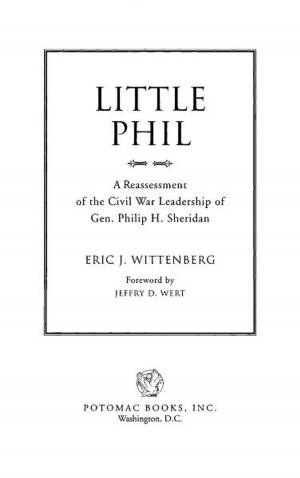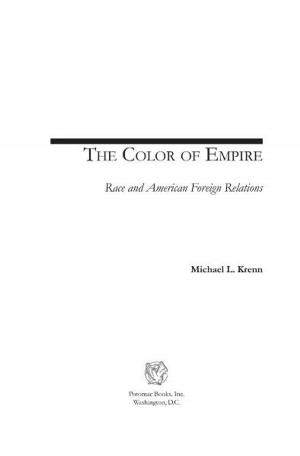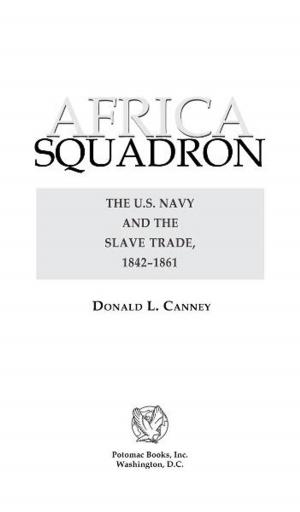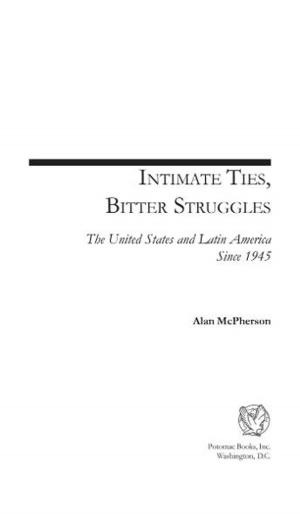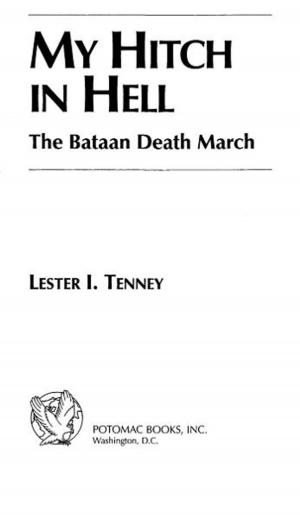The Triumph of Internationalism
Nonfiction, Social & Cultural Studies, Political Science, International, International Relations, Biography & Memoir, Political| Author: | David F. Schmitz | ISBN: | 9781612343136 |
| Publisher: | Potomac Books Inc. | Publication: | September 30, 2007 |
| Imprint: | Potomac Books Inc. | Language: | English |
| Author: | David F. Schmitz |
| ISBN: | 9781612343136 |
| Publisher: | Potomac Books Inc. |
| Publication: | September 30, 2007 |
| Imprint: | Potomac Books Inc. |
| Language: | English |
When Franklin D. Roosevelt became president in March 1933, he initially devoted most of his attention to finding a solution to the Great Depression. But the pull of war and the results of FDRÆs foreign policy ultimately had a deeper and more transformative impact on U.S. history.
The Triumph of Internationalism offers a fresh, concise analysis and narrative of FDRÆs foreign policy from 1933 to AmericaÆs entry into World War II in 1941. David Schmitz covers the attempts to solve the international economic crisis of the Great Depression, the Good Neighbor Policy in Latin America, the U.S. response to war in
Europe and the Pacific, and other topics of this turbulent era.
Schmitz describes Roosevelt as an internationalist who set out to promote U.S. interests abroad short of direct intervention. He tried to make amends for past transgressions with the nationÆs southern neighbors, eventually attempted to open and promote international trade to foster economic growth, and pursued containment policies intended to halt both the Japanese threat in the Pacific through deterrence and German aggression in Europe through economic appeasement. When his policies regarding the Axis powers failed, he began educating the American public about the dangers of Axis hegemony and rearming the nation for war. This effort required a profound shift in the American mind-set, given the prevailing isolationism, the disillusionment with AmericaÆs involvement in World War I, and the preoccupation with domestic problems. A less powerful president would likely have failed, or perhaps not even attempted, to alter the prevailing public opinion. FDR revived American internationalism and reshaped the publicÆs understanding of the national interest and defense. RooseveltÆs policies and the outcome of World War II made the United States a superpower without equal.
The Triumph of Internationalism offers a fresh, concise analysis and narrative of FDRÆs foreign policy from 1933 to AmericaÆs entry into World War II in 1941. David Schmitz covers the attempts to solve the international economic crisis of the Great Depression, the Good Neighbor Policy in Latin America, the U.S. response to war in
Europe and the Pacific, and other topics of this turbulent era.
Schmitz describes Roosevelt as an internationalist who set out to promote U.S. interests abroad short of direct intervention. He tried to make amends for past transgressions with the nationÆs southern neighbors, eventually attempted to open and promote international trade to foster economic growth, and pursued containment policies intended to halt both the Japanese threat in the Pacific through deterrence and German aggression in Europe through economic appeasement. When his policies regarding the Axis powers failed, he began educating the American public about the dangers of Axis hegemony and rearming the nation for war. This effort required a profound shift in the American mind-set, given the prevailing isolationism, the disillusionment with AmericaÆs involvement in World War I, and the preoccupation with domestic problems. A less powerful president would likely have failed, or perhaps not even attempted, to alter the prevailing public opinion. FDR revived American internationalism and reshaped the publicÆs understanding of the national interest and defense. RooseveltÆs policies and the outcome of World War II made the United States a superpower without equal.
When Franklin D. Roosevelt became president in March 1933, he initially devoted most of his attention to finding a solution to the Great Depression. But the pull of war and the results of FDRÆs foreign policy ultimately had a deeper and more transformative impact on U.S. history.
The Triumph of Internationalism offers a fresh, concise analysis and narrative of FDRÆs foreign policy from 1933 to AmericaÆs entry into World War II in 1941. David Schmitz covers the attempts to solve the international economic crisis of the Great Depression, the Good Neighbor Policy in Latin America, the U.S. response to war in
Europe and the Pacific, and other topics of this turbulent era.
Schmitz describes Roosevelt as an internationalist who set out to promote U.S. interests abroad short of direct intervention. He tried to make amends for past transgressions with the nationÆs southern neighbors, eventually attempted to open and promote international trade to foster economic growth, and pursued containment policies intended to halt both the Japanese threat in the Pacific through deterrence and German aggression in Europe through economic appeasement. When his policies regarding the Axis powers failed, he began educating the American public about the dangers of Axis hegemony and rearming the nation for war. This effort required a profound shift in the American mind-set, given the prevailing isolationism, the disillusionment with AmericaÆs involvement in World War I, and the preoccupation with domestic problems. A less powerful president would likely have failed, or perhaps not even attempted, to alter the prevailing public opinion. FDR revived American internationalism and reshaped the publicÆs understanding of the national interest and defense. RooseveltÆs policies and the outcome of World War II made the United States a superpower without equal.
The Triumph of Internationalism offers a fresh, concise analysis and narrative of FDRÆs foreign policy from 1933 to AmericaÆs entry into World War II in 1941. David Schmitz covers the attempts to solve the international economic crisis of the Great Depression, the Good Neighbor Policy in Latin America, the U.S. response to war in
Europe and the Pacific, and other topics of this turbulent era.
Schmitz describes Roosevelt as an internationalist who set out to promote U.S. interests abroad short of direct intervention. He tried to make amends for past transgressions with the nationÆs southern neighbors, eventually attempted to open and promote international trade to foster economic growth, and pursued containment policies intended to halt both the Japanese threat in the Pacific through deterrence and German aggression in Europe through economic appeasement. When his policies regarding the Axis powers failed, he began educating the American public about the dangers of Axis hegemony and rearming the nation for war. This effort required a profound shift in the American mind-set, given the prevailing isolationism, the disillusionment with AmericaÆs involvement in World War I, and the preoccupation with domestic problems. A less powerful president would likely have failed, or perhaps not even attempted, to alter the prevailing public opinion. FDR revived American internationalism and reshaped the publicÆs understanding of the national interest and defense. RooseveltÆs policies and the outcome of World War II made the United States a superpower without equal.
